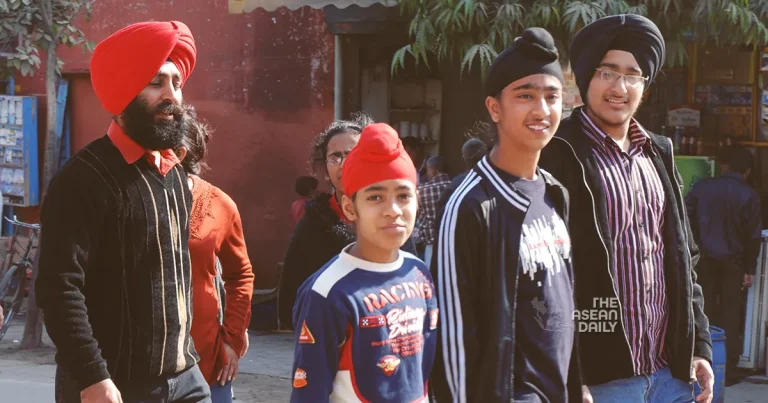20-4-2024 (KUALA LUMPUR) A prominent figure in the global technology and media spheres recently took to social media to share a captivating revelation that piqued curiosity about Malaysia’s cultural landscape. Parminder Singh, the Chief Operating Officer (COO) of Tatler Asia and former Managing Director at tech giants Google and Twitter, expressed his surprise upon learning that in Malaysia, Sikhs are often referred to as ‘Bengalis’ – a term that incorrectly conflates two distinct communities from different geographical regions.
In a post on X (formerly Twitter), Parminder, a Punjabi hailing from North India, divulged that he stumbled upon this intriguing fact during a recent Vipassana meditation retreat in Malaysia, where fellow Malaysian Indians enlightened him about the peculiar practice.
In Malaysia, Sikhs are often referred to as Bengalis! I recently learned this fact and the fascinating history behind it. British India had three sea ports – Calcutta, Madras, and Bombay. British Malaya was served by ships from Calcutta and Madras. Most North Indians used the…
— Parminder Singh (@parrysingh) April 14, 2024
Delving into the roots of this curious phenomenon, Parminder shed light on its origins, which can be traced back to the era of British colonization in both India and Malaysia. He elucidated, “British India had three seaports – Calcutta, Madras, and Bombay. British Malaya was served by ships from Calcutta and Madras. Most North Indians used the Calcutta port, the majority of whom were Sikhs recruited for the army, police, and security jobs.”
Parminder further explained, “To the Malay people, everyone who didn’t come from Madras, essentially everyone from North India, was a Bengali!”
Adding a touch of irony to the situation, the Tatler Asia COO revealed that during his visit, some Malaysian Indians even insisted on addressing him as ‘Parry Dada,’ the Bengali term for ‘elder brother.’ This contrasts starkly with the common perception among many North Indians, who tend to label individuals from the South as ‘Madrasis.’
The Singapore Contrast
Interestingly, Parminder also noted that despite Malaysia’s proximity and shared history with Singapore, this particular cultural quirk does not seem to exist in the island nation. After residing in Singapore for 14 years, he observed that Sikhs are commonly known as ‘Singhs’ and are not mistaken for Bengalis.
Parminder attributed this distinction to two key factors: firstly, the prominent roles Sikhs have held throughout Singapore’s history, and secondly, the country’s mandatory National Service, which has fostered camaraderie and familiarity between Singaporeans and their ‘Singh’ batchmates from the army.
As this intriguing revelation unfolds, it sheds light on the intricate tapestry of cultural narratives woven into the fabric of Malaysia’s diverse society.




